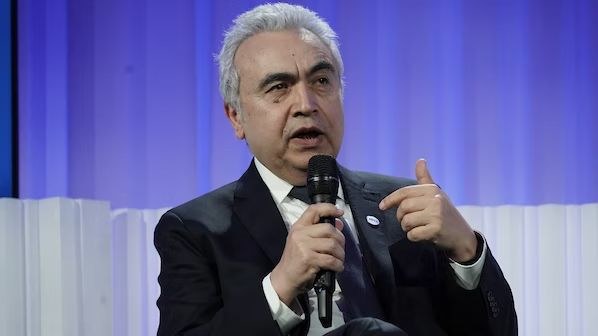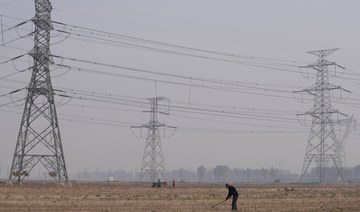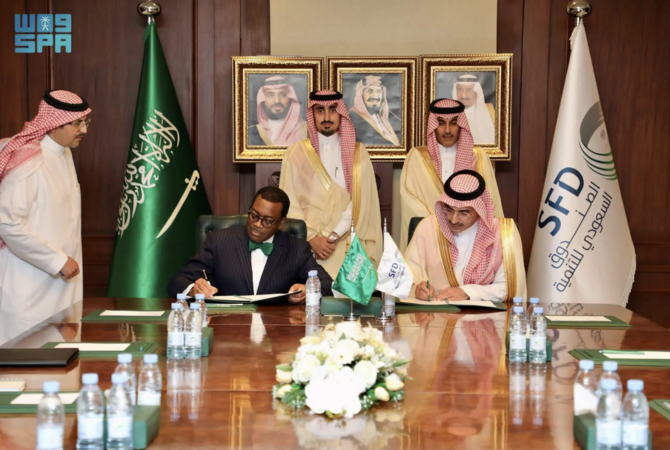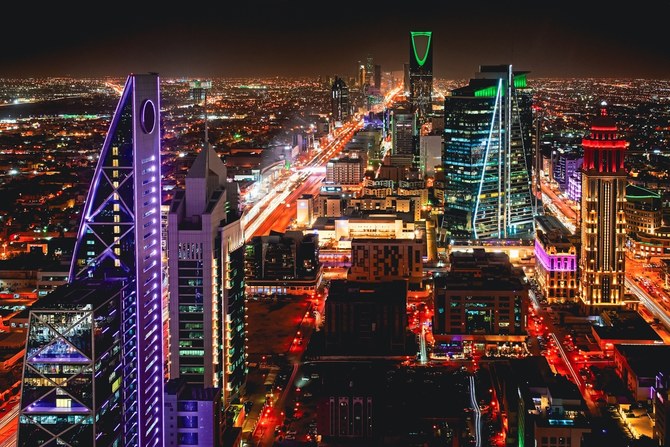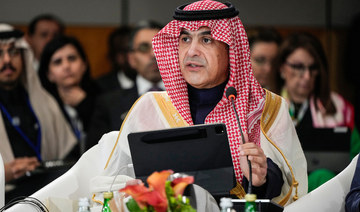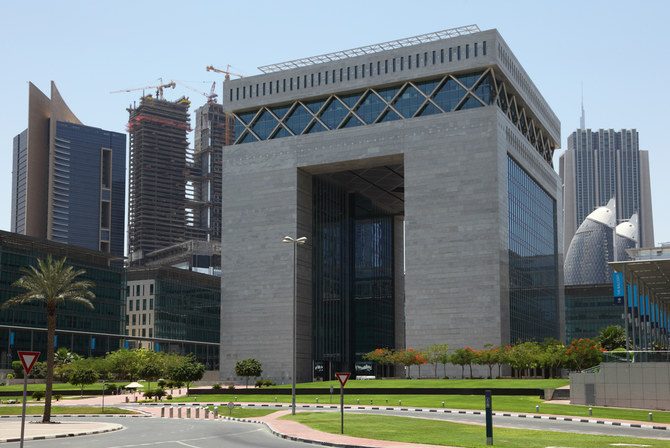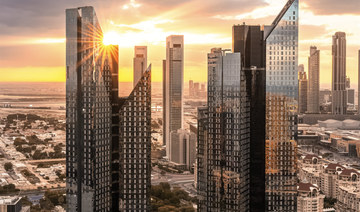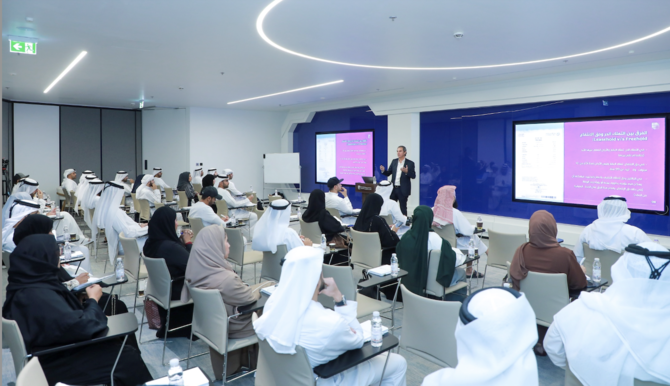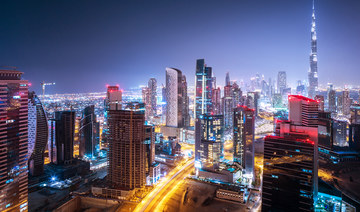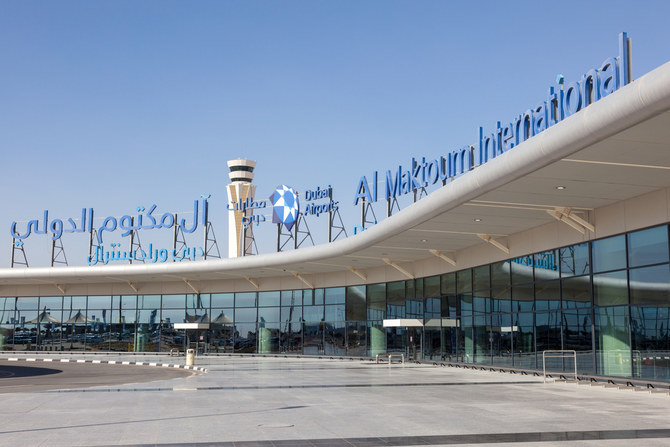BERLIN: International Energy Agency head Fatih Birol has warned of possible energy shortages next winter as relatively little new liquefied natural gas is coming to the market while China's consumption is set to rise this year.
European governments made many correct decisions over the last year to ensure energy supply, such as building more LNG terminals to replace pipeline deliveries of Russian gas, Birol told Reuters on the sidelines of the annual Munich Security Conference on Saturday.
But they also got lucky, he said, with a mild winter dampening demand while economic weakness in China led to the first drop in consumption there for 40 years.
"For this winter it is right to say that we are off the hook. If there are no last-minute surprises, we should get through...maybe with some bruises here and there," said Birol. "But the question is...what happens next winter?"
An additional 23 billion cubic meters of LNG is expected this year, Birol said, adding that even with only a small increase in economic output as pandemic restrictions ease, China would likely swallow 80 percent of the extra gas.
"Even though we have enough LNG import terminals, there may not be enough gas to import and therefore it will not be easy this coming winter for Europe," he said, noting this would likely push prices up again.
"It is not right to be relaxed, it is not right now to celebrate".
Even with a renewed push to develop new gas fields, it would be years before they came online, he said.
Households and firms, therefore, need to continue efforts to reduce gas usage while renewable energy output needs to expand faster, he said.
Klaus Mueller, head of the German network agency which regulates gas and electricity markets, in an interview with Deutschlandfunk on Sunday also said he could not exclude possible gas shortages next winter, especially as Germany would now have to fill storage facilities without Russian pipeline gas.
"We can manage it but will have to really make a big effort," he said, adding that it would be good not to let storage levels drop too far below the current 71.52 percent.
In the interview, Birol also warned countries that had decided to phase out nuclear energy to reconsider if this was the best time to do so, saying the temporary extension of Germany's last nuclear plants until April for example was a step in the right direction.
"We need all energy sources to help us for the next winter," he said.



